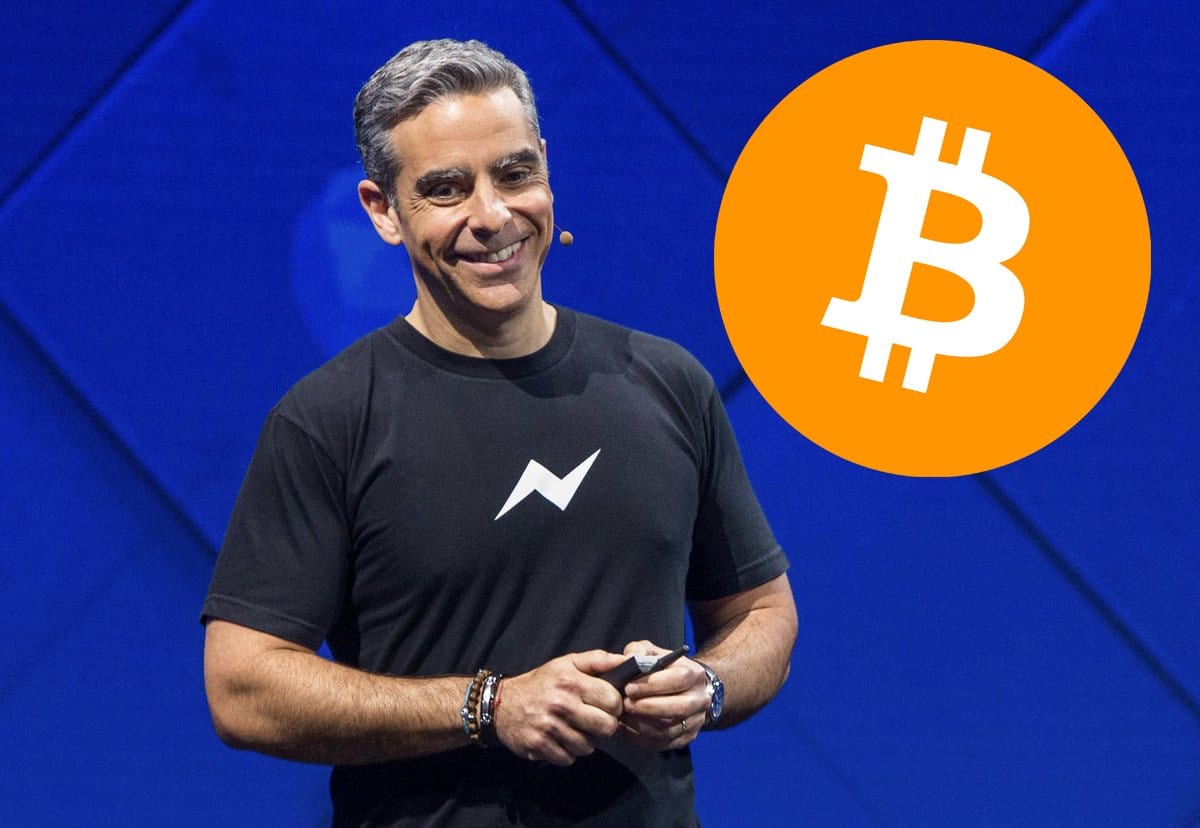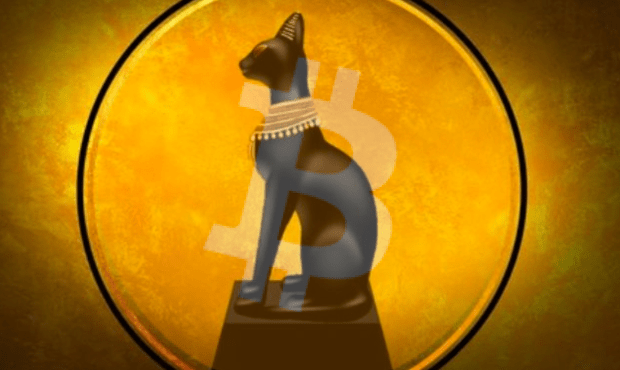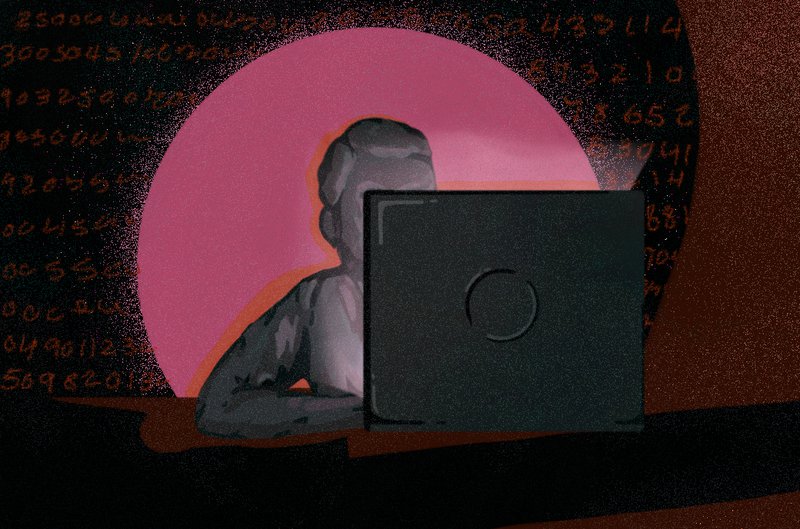Remembering John McAfee’s Bullish Bitcoin Price Bet as we near $100K Milestone


Ah, Bitcoin—a digital enigma that dances between brilliance and bafflement, much like a British summer deciding whether to rain or shine. As we teeter on the brink of the $100,000 milestone, it’s impossible not to cast our minds back to the late John McAfee: antivirus mogul, libertarian firebrand, and a man whose eccentricity made the Mad Hatter look like an accountant.
In the distant, carefree days of 2017—when masks were for surgeons and Zoom was just an onomatopoeia—McAfee made a proclamation that would make even Nostradamus raise an eyebrow. He boldly wagered that Bitcoin would soar to $500,000 within three years. And if not? Well, let’s just say he offered to partake in a culinary act so unspeakable, it would make a cannibal blush. National television executives must have been on standby, salivating at the potential ratings bonanza.
By 2019, instead of backpedaling like any sensible person who’d had one too many at the pub, McAfee doubled down. He upped his prediction to a cool $1 million per Bitcoin, asserting that the $100,000 mark would merely be the opening act—the financial equivalent of a warm-up comedian before the headliner brings the house down.
Let’s not forget McAfee’s infamous bullish proclamation: that once Bitcoin hits the $100,000 mark, it would be like unlocking the floodgates of a financial Hoover Dam. At that pivotal price point, he believed, Bitcoin wouldn’t just stroll to $1 million—it would sprint. At the time, there were no Bitcoin ETFs gracing the portfolios of traditional investors, no nations like El Salvador adopting Bitcoin as legal tender, no corporate titans like MicroStrategy hoarding it like digital dragons atop golden hordes, and certainly no whispers of U.S. Bitcoin strategic reserves. John didn’t have a crystal ball—though I wouldn’t have been surprised if he’d claimed to—but he keenly understood the game theory behind Bitcoin’s design. He grasped that the underlying security, the allure, and the network effect of its mathematical genius were not just revolutionary; they were inevitable. For McAfee, it was never a matter of “if” but “when” the world would catch on.
Critics scoffed, economists guffawed, and the rest of us watched with the same morbid fascination we reserve for reality TV and train wrecks. Was McAfee a visionary or just a man who’d spent a bit too much time sampling his own supply of eccentricity?
Now, as Bitcoin flirts coquettishly with the $100,000 threshold, perhaps it’s time to reconsider. Maybe old John wasn’t entirely off his rocker—perhaps just teetering on the edge with a cocktail in hand. His timing was about as precise as a broken sundial, but the essence of his prediction might yet hold water.
You see, McAfee understood something fundamental about Bitcoin: its potential to disrupt, to redefine, to turn the financial world on its head like a particularly aggressive yoga instructor. He saw the floodgates that could open, unleashing a torrent of innovation and, yes, wealth.
Of course, trusting McAfee’s predictions was always a bit like trusting a fox to guard the henhouse—or perhaps more aptly, trusting a software tycoon with a penchant for tropical escapades to give sound financial advice. But even a broken clock is right twice a day, and perhaps a maverick is right once in a blue moon.
As we stand on this precipice, wallet in one hand and skepticism in the other, let’s tip our hats to John McAfee. Not because he was necessarily correct, but because he had the audacity to dream big, to stake his reputation (and other unmentionables) on a future that seemed ludicrous to many.
In a world that often feels like it’s been scripted by a committee of pessimists, McAfee was a wild card—a joker in the deck who reminded us that fortune favors the bold, or at least makes for an entertaining story.
So here’s to you, John. Your timing was off, your methods were unorthodox, and your promises were—thankfully—unfulfilled in certain respects. But as Bitcoin edges toward that $100,000 milestone, perhaps your spirit of defiant optimism wasn’t so misplaced after all.
In the end, maybe it’s not about the destination or even the journey, but the colorful characters we meet along the way who make the whole saga worth following. And if nothing else, McAfee ensured that the tale of Bitcoin was never short of intrigue, humor, and a dash of the absurd.
This article is a Take. Opinions expressed are entirely the author’s and do not necessarily reflect those of BTC Inc or Bitcoin Magazine.









